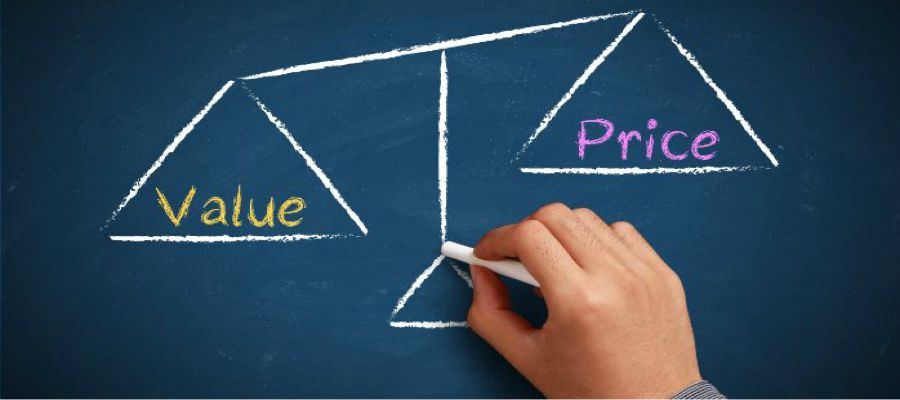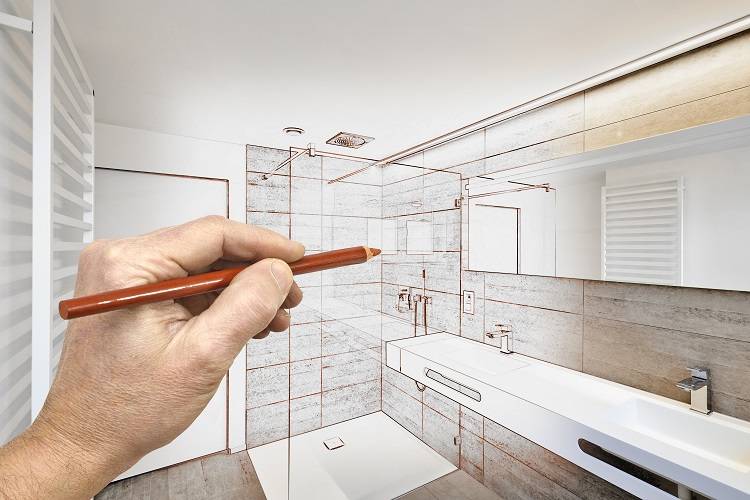
What is Property Market Value?
The value of a property varies significantly across the country, across each state, and even in each town. There are obvious differences between the market value of a house, townhouse, and unit but how do you determine a property’s market value? Why is this important?
What is the Market Value of a property?
A property’s market value is the fair price that a knowledgeable buyer would be prepared to pay for a property and that the seller will accept for the property. In other words, this is the amount that a buyer and seller would agree to exchange the property for.
This can also be referred to as a property’s market appraisal.
This market value is evident and can be transparent when the property is sold at Auction, as the market value is the price that the hammer falls on, unless the property does not meet the reserve price. The reserve price being the minimum amount the seller would accept for the property.
When it comes to buying a property through private treaty, or negotiation, this is where the market value of a property is very important in order to minimise the risk of paying too much when buying a property or falling for tricky real estate sales tactics.

How to calculate a property’s market value.
A property’s market value is not really a calculation, but rather a market analysis to determine what the value of the property would be when exchanged in a fair arm’s length transaction.
The best way to determine a property’s market value is to look at recently sold properties in the area that are of comparable quality and size as well as similar characteristics and in a very close proximity. It is important that these comparatives are looked at and considered in a reliable time frame and similar market conditions because the property markets are constantly changing. For example, what someone paid for a property six months ago will be very different to what you will pay in today’s market as the current market conditions are very different. As a reference, try to consider the most recent sales. For units, sales in the same complex will provide a good comparative. You would consider units higher up in the building to sell for a little more, and properties lower down a little less to get a good grasp on what your property could be valued at. For houses, it is important to consider all the characteristics – age, size, yard space, views, access to amenities, etc. to get a gauge on the market value of the property.
Why market value is important.
Market value is very important particularly for lenders because they only want to lend money against an asset that is worth what they are willing to lend as a security (because ultimately if you cannot repay the loan, they will need to sell the asset to recoup the loan). Upon sale of the property, you will also need to repay your loan against the property so you want to ensure that you will be able to sell the property for at least the amount mortgaged on the property otherwise you will need to repay the lender the difference.
Buying a property for under market value is how to create value when you first buy a property which is why it is so important to understand what a property’s market value is.
If you are able to buy a property for $1.2mil but buyers in the market are willing to pay $1.4m for similar properties, then you have made $200k instant equity on your property. This is why having an experienced buyer’s agent on your side to negotiate the best purchase price for your property is very important. You can enquire about buyer’s agent services here.

Using Property Market Value to create instant equity.
For investors, you might understand that equity is created when the property’s market value is less than the debt owed on that property. Therefore, to create instant equity you need to find properties that are under the market value or negotiate a price lower than the market value. This can be achieved by using clever negotiation tactics, including offering terms of sale that the vendor requires.
Another way to use Market Value to create instant equity is through a renovation, whether structural or cosmetic.
If the market value of your property is more after the renovation than the amount that you spent on the renovation then you have just created some equity. Understanding the market value before the renovation and estimating the market value after the renovation is very important to ensure you don’t spend too much on the renovation (this is called over capitalising).
What happens if my property’s market value has gone down?
If your property’s market value has declined or is worth less than what you paid for the property, don’t fret. Property is a long-term game and if you hold onto the property through the cycles, you will likely be able to come out on top if you are able to hold on to it long term.
If the property is costing you too much, it may be best to sell the property and cut your losses so you are able to move forward with your investment portfolio, with a hard lesson learned!
If you are looking for a buyer’s agent to assist you with purchasing a home or investment property in the Sydney, Brisbane and Newcastle regions, as well as SA, TAS, ACT, VIC, NSW & QLD please get in touch with Lloyd Edge and his team at Aus Property Professionals here or give us a call on 1800 146 837!


